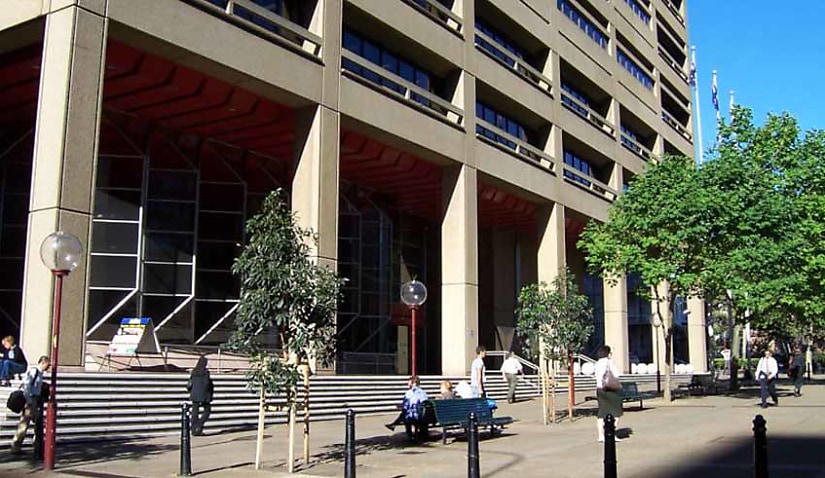Powered by MOMENTUM MEDIA
A man has dragged the NSW Law Society into yet another legal fight over allegations he made about his deceased solicitor.

Graham Dudley Jacups, a former client of Douglas Knaggs, again failed to recover $79,900 from the Fidelity Fund Management Committee and was unable to successfully make a $1,030,000 claim for “consequential losses” he alleged he suffered.
The fidelity fund committee dismissed this claim, and the Supreme Court upheld the decision in one of Mr Jacups’ many proceedings.
In his most recent appeal, Mr Jacups again attempted to recover the money he said is owed to him from legal services he obtained from Mr Knaggs between 2003 and 2004 for a major court matter.
Mr Jacups alleged Mr Knaggs breached his trust and breached his contract for legal services during this time by using $9,900 to pay a legal bill and disbursing $70,000 against his instructions.
He alleged the $9,900 was to be held on trust, but Court of Appeal’s Justice Anthony Meagher agreed with the original decision that this was handed to Mr Knaggs with the intention of paying the invoice.
Mr Knaggs claimed he did not see the invoice until 2009, but the court heard a note was sent to Mr Knaggs three days after the invoice.
This note set aside an unspecified amount from the $79,900 for the bill and instructed the balance was to be transferred to Mr Jacups.
“The fact that the cheque was for the same amount as Mr Knaggs’ cost invoice made it likely that Mr Jacups would have authorised the withdrawals, knowing that the purpose of the first cheque was to pay outstanding costs of Mr Knaggs,” Justice Meagher found.
Mr Jacups alleged the $70,000 was to be paid as ordered by a court in 2004, but the Supreme Court found these orders were not made and the “subsequent conduct of the parties was not consistent with them having reached any agreement in terms of those orders”.
Justice Meagher found the primary judge did not err in finding that there was no “overarching agreement” concerning the $70,000.
Mr Jacups made the further claim for $1,030,000 from “loss airing from misconduct” and was made up of his alleged loss of residence, loss of furniture and music equipment and loss of earnings.
The Court of Appeal upheld the Supreme Court’s decision that this claim could not be recoverable from the fidelity fund.
Justice Meagher also removed the Fidelity Fund Management Committee as a respondent after Mr Jacups named the committee and the NSW Law Society as separate respondents, “whereas in fact the former is a committee and delegate of the latter”.
The decision comes after Mr Jacups was ordered to pay the NSW Law Society $30,000 following a number of unsuccessful court appearances relating to this dispute with his deceased solicitor.
This matter is Jacups v Law Society of New South Wales.

Naomi Neilson is a senior journalist with a focus on court reporting for Lawyers Weekly.
You can email Naomi at: